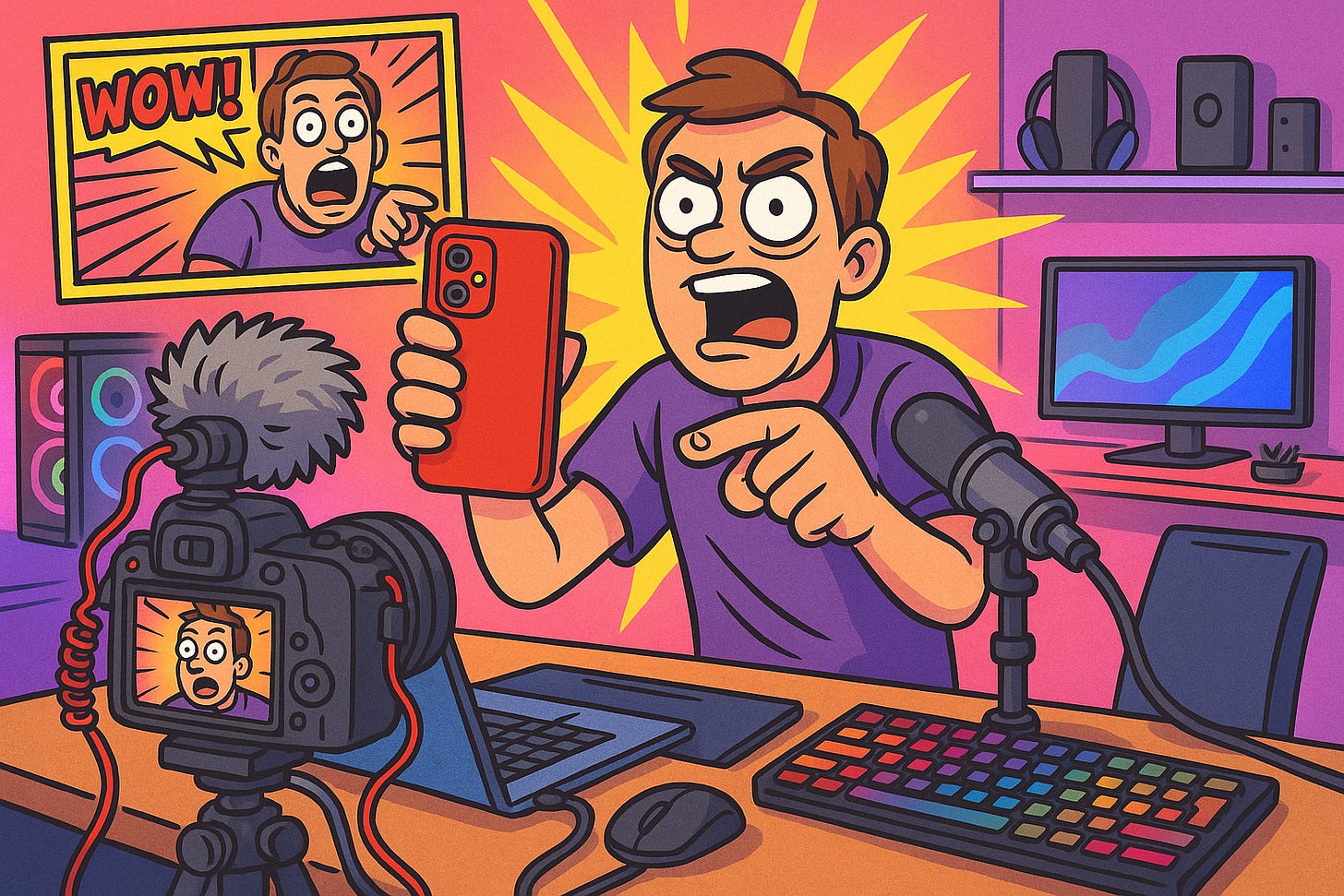The Transformation of Tech YouTube: From Reviews to Glorified Commercials
How the world's most popular tech reviewers became sophisticated marketing machines
The landscape of technology journalism has undergone a seismic shift over the past decade. Where once consumers relied on specialized magazines and expert reviewers for purchasing advice, YouTube has emerged as the dominant platform for tech reviews. However, this democratization of tech criticism has come with an unexpected cost. What began as an authentic grassroots movement of enthusiasts sharing their genuine opinions has increasingly transformed into a sophisticated marketing ecosystem where the line between review and advertisement has become dangerously blurred. The uncomfortable truth is that many of today's most popular tech YouTubers have essentially become glorified commercials, offering advice that is often superficial, commercially motivated, and sometimes outright misleading.



